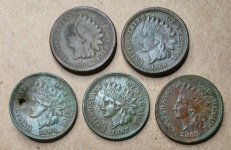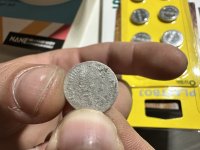O
Old Silver
Guest
https://en.wikipedia.org/wiki/Edward_Coles
This man, as well as others mentioned in the Beale Papers, are connected to another story that I think could have something to do with the Beale story. More later.
This man, as well as others mentioned in the Beale Papers, are connected to another story that I think could have something to do with the Beale story. More later.





